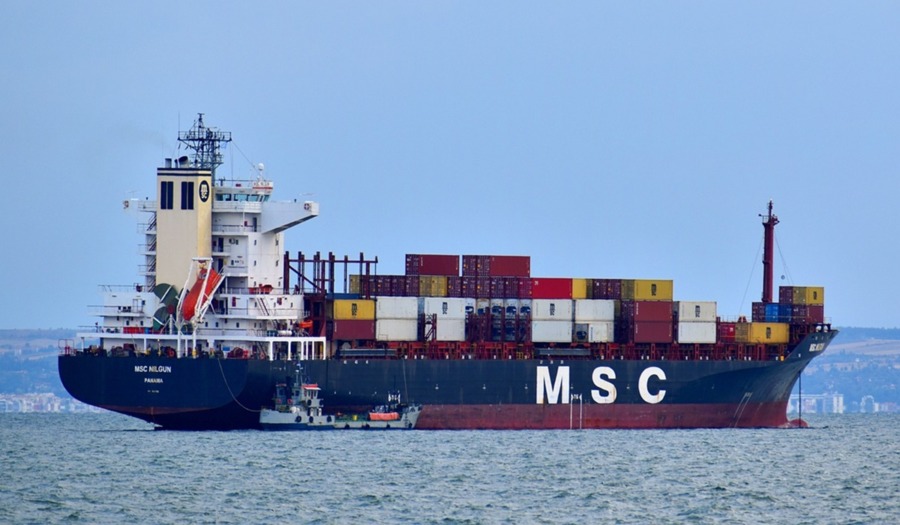Navigating Troubled Waters: St. Lawrence Seaport Strike Disrupts Trade
- Ingrid Jones
- Eastern Canada
- Trending
- October 23, 2023

Positioned along Canada’s eastern shoreline, the St. Lawrence Seaport, with a history stretching back to the 19th century, stands as a cornerstone of trade. It is a conduit exchanging billions of dollars in goods and services yearly. Nevertheless, a significant strike has disrupted its operations, casting major concerns for the businesses that depend on the port for transport.
With a deep-rooted historical significance, the St. Lawrence Seaport has evolved into a bustling hub for commerce, connecting Canada to global markets. Its vital role in the nation’s development cannot be overstated.
Handling a substantial portion of Canada’s trade, the port is the primary gateway for various commodities, from natural resources like lumber and minerals to manufactured goods and consumer products. This extensive trade network sustains the livelihoods of countless individuals and businesses locally and abroad.
The pavilions and trades operating within the port are critical for small businesses, offering a platform to export their products internationally. From local farmers and artisans to manufacturers, these businesses rely on the port’s accessibility and efficiency to reach a global customer base. The strike now threatens the operations of these businesses and the livelihoods they support.
Central to the strike are the demands for better wages. The workers responsible for the seamless operation of the port argue that their current compensation does not align with the rising cost of living and inflation. They contend that their work, integral to the port’s functioning, warrants better remuneration.
The strike at the St. Lawrence Seaport harkens back to the BC strike that shook Canada earlier this year and saw the port shut down for almost two weeks. This previous strike had devastating consequences, causing severe shortages of essential products, impacting businesses across sectors, and straining the economy.
Such strikes have far-reaching implications, disrupting the flow of goods and services and affecting local businesses, the national economy, and even the global market. The current administration’s political instability further complicates the timing of this strike.
Given the severe economic consequences of strikes, many have called for government intervention through Back To Work legislation. This legislation would compel the workers to return to their jobs while negotiations continue. However, the current administration’s political turmoil raises doubts about swift government action.
All stakeholders must engage in immediate, productive negotiations to resolve this crisis. Workers, management, and the government must collaborate to address wage concerns and establish sustainable and environmentally responsible practices for the St. Lawrence Seaport. Resolving this dispute is crucial for worker well-being and the economic stability of the region and the nation. In light of the strike’s implications on the economy, urgent action is required to safeguard the port’s pivotal role in the trade network and protect the livelihoods of those who depend on its operations.








